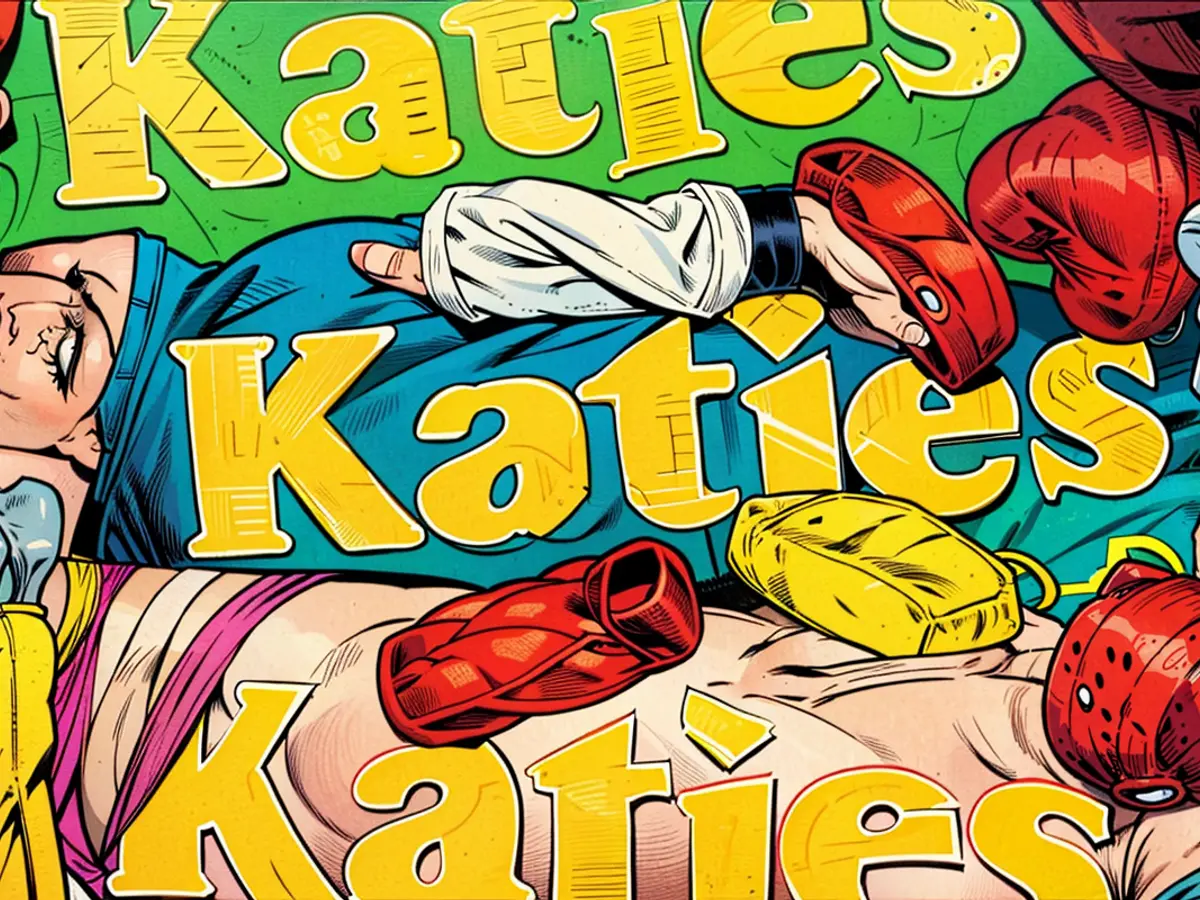The company - BGH rules on advertising with the term "climate neutral"
The selection in the supermarket aisle is large - this often leads to the right advertising. With increasing environmental awareness among their customers, some companies are using the supposed climate neutrality of their own products for advertising. But when can a manufacturer use this term? The Federal Court of Justice (BGH) in Karlsruhe will make a decision on this matter on Thursday (9:00 am).
In the specific case, the Frankfurt Competition Central Office had sued Katjes, the licorice and fruit gum manufacturer, because the company had advertised in a food trade magazine that all its products were climate neutral. The production process itself is not emissions-free, but the company supports climate protection projects through an environmental consultant. According to the plaintiffs, the advertising was misleading. The consumer was deprived of important information, such as how the climate neutrality was achieved. (Az. I ZR 98/23)
What does "climate neutral" mean?
The suppression claim failed in the lower courts. The Higher Regional Court of Düsseldorf argued that consumers understand the term "climate neutral" in the sense of a balanced CO2 balance. They knew that this could also be achieved through compensation measures. What was crucial, from the perspective of the Higher Regional Court, was that the readers were sufficiently informed online about how the climate neutrality of the products was achieved. Through a QR code in the advertisement, they could access more information on the environmental consultant's website.
The Competition Central Office is not satisfied with this. Announcements about how climate neutrality is achieved should have appeared in the advertising itself, according to Business Manager Reiner Münker. It must be distinguishable between companies that reduce their emissions with high investments and technical developments, and those that do not change anything in their own business but pay money for climate projects.
Stricter regulations for green advertising
After the oral hearing in April, the Competition Central Office, which is financed by the economy, saw its position in the legal dispute reinforced by the Karlsruhe judges. Münker said that, based on the preliminary assessment of the Senate, this court would likely uphold the previous strict requirements for environmental and climate statements in advertising. He left the hearing with a good feeling. The presiding judge had emphasized at the beginning of the hearing that stricter rules apply to environmental advertising.
Katjes is aligning itself with stricter regulations. The confectionery manufacturer had used the term "climate neutral" in the past because it was eager to reduce the emissions in production itself, but also because the company made significant compensation payments in the seven-figure range, said Katjes spokesman Pascal Bua in response to an inquiry from the German Press Agency. According to the previous legal opinion, this was allowed. "Given the current case law of the Federal Court of Justice, the legal situation could change, which we would have to adapt to accordingly."
Stronger regulations for green advertising claims are also being worked on at the EU level. The Environmental Ministers and Ministers of the EU countries agreed on approximately the rules for voluntary statements of companies regarding the environmental or climate friendliness of products last week. Accordingly, companies should use clear criteria and the latest scientific knowledge to support their statements and labels. It should also be clearly recognizable what environmental statements refer to - for example, durability or recyclability. The countries now have to negotiate a compromise with the European Parliament.
Court scheduling of the Federal Court of Justice
- The upcoming decision at the Federal Court of Justice in Karlsruhe will clarify when a manufacturer can use the term 'climate neutral' in advertising.
- The dispute between the Frankfurt Competition Central Office and Katjes, the licorice and fruit gum manufacturer, revolves around the company's claim of climate neutrality in advertising.
- Katjes advertises its products as climate neutral in a food trade magazine, citing support for climate protection projects through an environmental consultant as evidence.
- The Düsseldorf Higher Regional Court previously ruled that consumers understand 'climate neutral' to mean a balanced CO2 balance, with sufficient online information available through a QR code.
- The Frankfurt Competition Central Office argues that information about how climate neutrality is achieved should appear directly in the advertising, distinguishing between companies with reduced emissions and those funding climate projects.
- EU Environmental Ministers have agreed on stricter rules for voluntary environmental or climate statements in product advertising, requiring companies to use clear criteria and scientific knowledge.
- Katjes spokesperson Pascal Bua acknowledged the potential for stricter regulations, stating that the company has used the 'climate neutral' term in the past due to emission reduction efforts and compensation payments, but may need to adapt to changes in court rulings.








